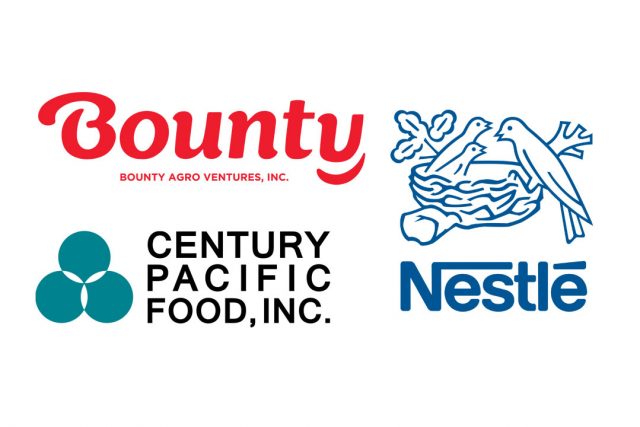
By Patricia Mirasol
Companies are treating sustainability as a necessary aspect of their business framework, and not merely as a “nice to have.”
Shifting towards healthier food production and consumption is possible, according to Arlene Tan-Bantoto, Nestlé Philippines’ SVP and Head of Corporate Affairs, Communications and Sustainability, in an Oct. 20 BusinessWorld Insights webinar.
“Nutrition education; accessible, affordable nutritious products; and elevating the discussion on the issue are key drivers in this effort,” she said.
The multinational food and drink processing conglomerate, Ms. Tan-Bantoto added, is going beyond the farm-to-table approach by providing end-to-end sustainability actions that includes health education among the youth through its Nestlé Wellness Campus.
Food is the lever that optimizes human health and environmental sustainability, reported the EAT-Lancet Commission. Its 2019 report recommended transforming the global food system through sustainable food production and the adoption of a diet rich in plant-based foods.
Sustainable food production is achievable through responsible farm practices and animal welfare awareness, said Dr. Erasmus J. Paderes, senior vice-president for Animal Health and Feed Mill Operations of Bounty Agro Ventures, Inc. (BAVI).
BAVI cut its energy consumption by half by using renewable sources in its contract growing farms and processing plants, Mr. Paderes said. It also pioneered the country’s Zero Antibiotics Chicken production system in 2017, resulting in an 84% reduction in antibiotic use.
“We use antibiotics prudently, or [only when] the flock or broilers have bacterial disease,” he added, noting that antibiotic residues from the chickens do not pass on to consumers. “Our veterinarians use prescriptions to monitor the antibiotic’s usage and effect.”
For Gregory H. Banzon, chief operating officer and executive vice-president of Century Pacific Food, Inc., sustainability entails balancing the long-term, global view on healthy diets with the local context.
“We need to provide more affordable base nutrition,” he said. Century Pacific Food, Mr. Banzon told the webinar audience, considers their brands’ delivery of key nutritional requirements when measuring company performance.
The company is a leader in terms of tuna sustainability, Mr. Banzon added, and has also in recent years launched other sustainable ventures such as unMEAT, its plant-based meat alternative brand.
“We have a good experience with the technology behind plant-based products,” he said, pointing to unMEAT’s strong uptake in the United Arab Emirates and other Middle Eastern markets. “We’re able to make the product look, taste, and smell like meat.”
As was mentioned in the Oct. 20 webinar, Nestlé Philippines is likewise launching its own plant-based brand, Harvest Gourmet.
The trend towards sustainable food consumption has been reported since before the pandemic. A 2021 research paper titled “Young people’s voices on climate anxiety, government betrayal and moral injury: A global phenomenon” further notes a growing concern with sustainability and the environment among young Filipinos.
The second and final session of BusinessWorld Insights’ “Cultivating Sustainability from Farm to Plate” series, is presented by SM Foundation, and supported by the British Chamber of Commerce of the Philippines, the Management Association of the Philippines, the Philippine Chamber of Commerce and Industry, and The Philippine STAR.
Companies walk the talk as society shifts to sustainable food consumption
Source: Bantay Radio
0 Comments